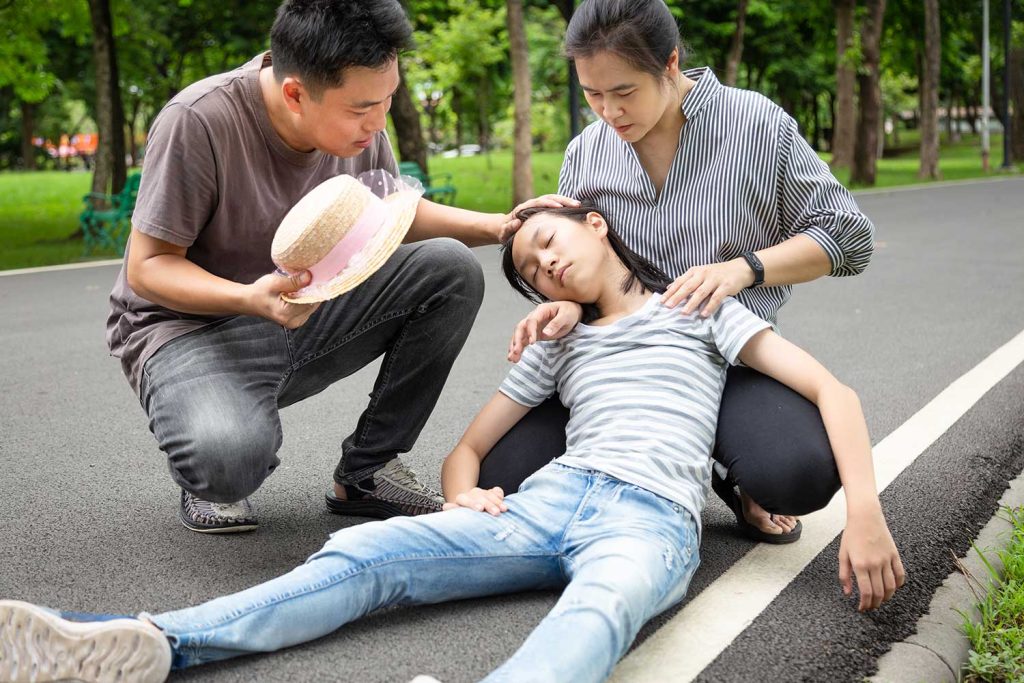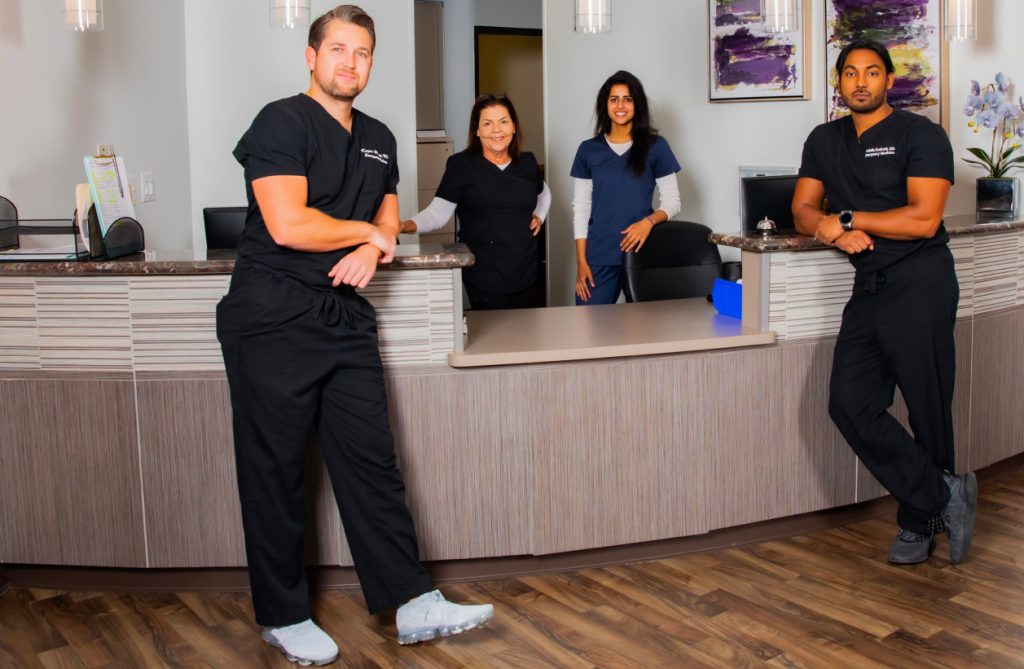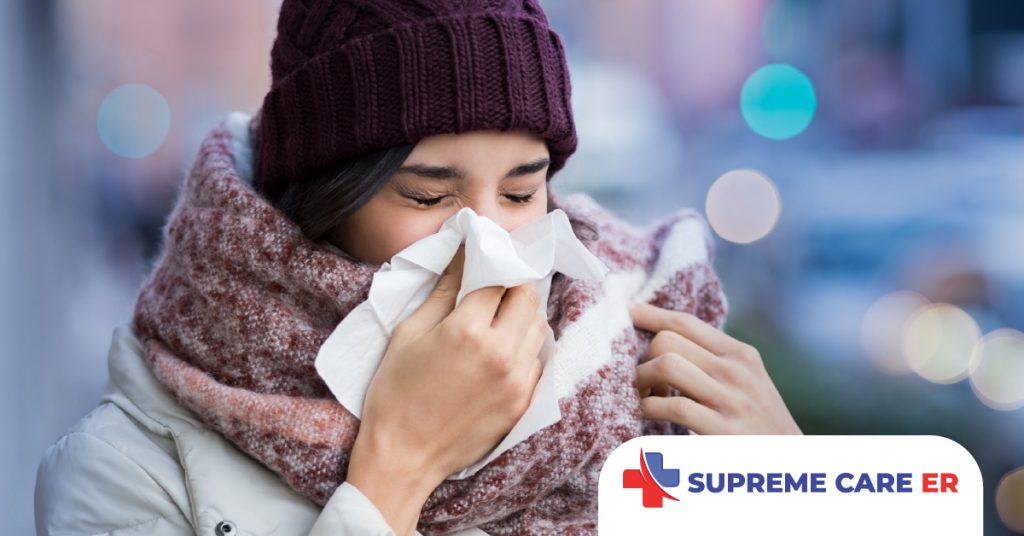Dehydration Emergencies: Understanding the Risks and Staying Safe in the Heat
A relentless heat wave, or heat dome, has been gripping the state of Texas, increasing the risk of dehydration emergencies.
Dehydration occurs when the body loses more fluid than it takes in, which can have severe health consequences.
To help you stay safe this summer, we feel it’s important to explore the different types of dehydration emergencies, share essential prevention tips, and offer guidance on when to seek emergency medical attention.
At Supreme Care ER the finest emergency room in Cypress Texas near Jersey Village, we’re happy to provide you with the emergency care that you need in the event of a medical emergency.
Types of Dehydration Emergencies
Heat Cramps
These painful muscle contractions are often the first sign of heat-related dehydration. They occur due to electrolyte imbalances and fluid loss during excessive sweating.

Heatstroke
The most dangerous and life-threatening dehydration emergency is heatstroke.
It happens when the core body temperature reaches above 104°F and can lead to organ damage or failure.
Symptoms include confusion, fainting, seizures, hot and dry skin, rapid breathing, and a racing heart.

Heat Exhaustion
Heat exhaustion is a more severe condition resulting from prolonged exposure to high temperatures and inadequate fluid intake. Symptoms may include excessive sweating, weakness, dizziness, nausea, headache, and rapid heartbeat.

Dehydration Prevention Tips

- Stay Hydrated – Drink plenty of fluids even if you don’t feel thirsty. Water is the best option, but you can also consume sports drinks or electrolyte solutions to replenish lost minerals.
- Dress Appropriately – Opt for lightweight, loose-fitting clothing in light colors, as they reflect sunlight and allow better air circulation around your body.
- Seek Shade – Limit your exposure to direct sunlight during the hottest parts of the day. If possible, stay indoors or find shaded areas when you’re outside.
- Use Sun Protection – Apply sunscreen generously to exposed skin, wear a wide-brimmed hat, and use sunglasses to protect your eyes from harmful UV rays.
- Take Regular Breaks – If you’re engaging in physical activity or spending an extended period outside, schedule regular breaks in cool areas to rest and rehydrate.

When to Seek Emergency Medical Attention
While prevention is key, it’s essential to recognize when dehydration has become an emergency. Per data from the CDC, more than 67,000 Americans visit the ER every year, and an average of 702 patients die from heat-related incidents.

Please seek immediate medical attention if you or someone else experiences the following:
- Intense dizziness or confusion
- Loss of consciousness or fainting
- Seizures
- Difficulty breathing or chest pain
- Rapid or irregular heartbeat
- Severe headache after being in the sun or hot environments
- Lack of sweating or hot, dry skin
This year’s scorching temperatures and high humidity levels increase the risk of dehydration and heat-related illnesses.
We urge you to take extra precautions, including carrying a water bottle with you, following local weather advisories, and staying indoors during peak heat hours.
Remember, dehydration and heat-related illnesses can cause severe or long-term consequences to your health.
If you suspect you or someone else is severely dehydrated, please don’t delay; call 911 immediately.
As the top-rated emergency care facility in the area, Supreme Care ER is always available to treat complications from dehydration and heat-related illnesses.

At Supreme Care ER in Houston, the finest emergency room in Cypress, Texas, we’re happy to provide you with the emergency care you need in the event of a medical emergency. We are conveniently located at 9530 Jones Road, Houston, Texas, 77065. We’re fast and remain open 24 hours year-round.

Where to go in Case of an Emergency?
At Supreme Care ER, our doors remain open to provide the very best ER care for you and your family. We’re located at 9530 Jones Road, Houston, Texas 77065.










